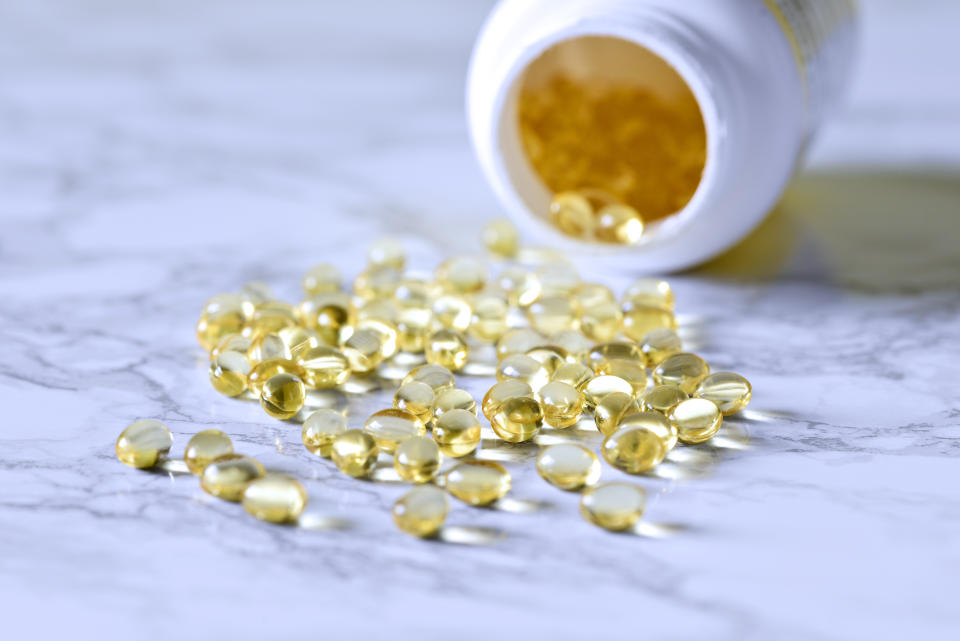How vitamin D is connected to having a healthy immune system
Remember to consult your doctor before making major changes to your routine.
The coronavirus pandemic has sparked a renewed interest in vitamin D, with some studies suggesting that having a deficiency could impact mortality. So why is this vitamin important? And why do we need to have our levels checked? Dr. Taz Bhatia, an immune support and wellness physician, explains the benefits and myths of this key nutrient.

Vitamin D helps fight off viruses
Vitamin D plays a number of critical roles in the body. “It helps us fight off bacteria and viruses, and it protects us from autoimmune diseases,” Bhatia says. It’s also beneficial for bone health. “Patients that don't get enough vitamin D often have more rashes,” she explains. “They have more hormone imbalances, and these are also the patients who are getting sick more frequently."
Sunlight is one of the best sources of vitamin D
Vitamin D, also known as “the sunshine vitamin,” is produced when the sun hits our skin. While sunlight is the best way for us to get this essential vitamin, it only accounts for 30 40 percent of what we need.
Supplements and certain foods can help increase our vitamin D levels. For children, Bhatia suggests 400 international units (IUs) of vitamin D daily. “Typically vitamin D3 is the form we often recommend,” she says. For adults, under 1000 IUs is recommended. “It's really important even if you start these lower amounts that you get your levels checked by your doctor,” Bhatia explains.
Fatty fishes like salmon and tuna can also help increase vitamin D levels. Many nuts and seeds, like almonds, pumpkin seeds and chia seeds, can also provide a boost.
It’s possible to get too much vitamin D
An excess of vitamin D, known as vitamin D toxicity, can occur with doses of 50,000 to 60,000 units. Too much can lead to a build-up of calcium in the blood, along with vomiting, weakness, frequent urination and an irregular heartbeat. “You can be at risk for things like kidney stones or even issues with your bones,” Bhatia says.
Will it help with COVID-19?
Can vitamin D help prevent, treat or cure COVID-19? There is no evidence, but a report in the journal Nutrients suggests if you contract it, having adequate vitamin D levels could be helpful.
“We do know from the past that it plays an important role, so it is going to be something that we want to keep our eye on and have in the right level in every single person,” Bhatia says.
For the latest coronavirus news and updates, follow along at https://news.yahoo.com/coronavirus. According to experts, people over 60 and those who are immunocompromised continue to be the most at risk. If you have questions, please reference the CDC’s and WHO’s resource guides.
How to maintain your physical and mental health during the pandemic
Taking care of a loved one with COVID-19? Here’s how to stay healthy
Q&A with Dr. Kavita Patel: How to keep your family safe and maintain your mental health
Read more from Yahoo Life:
Want daily lifestyle and wellness news delivered to your inbox? Sign up here for Yahoo Life’s newsletter.


